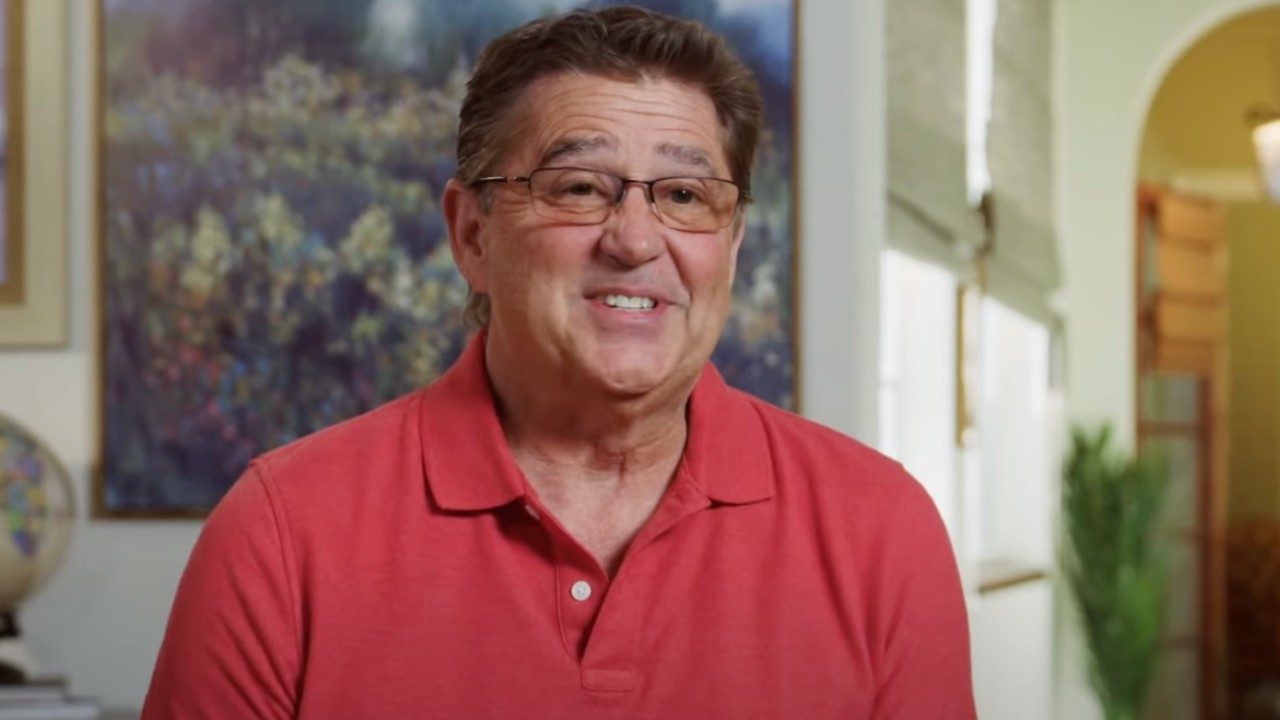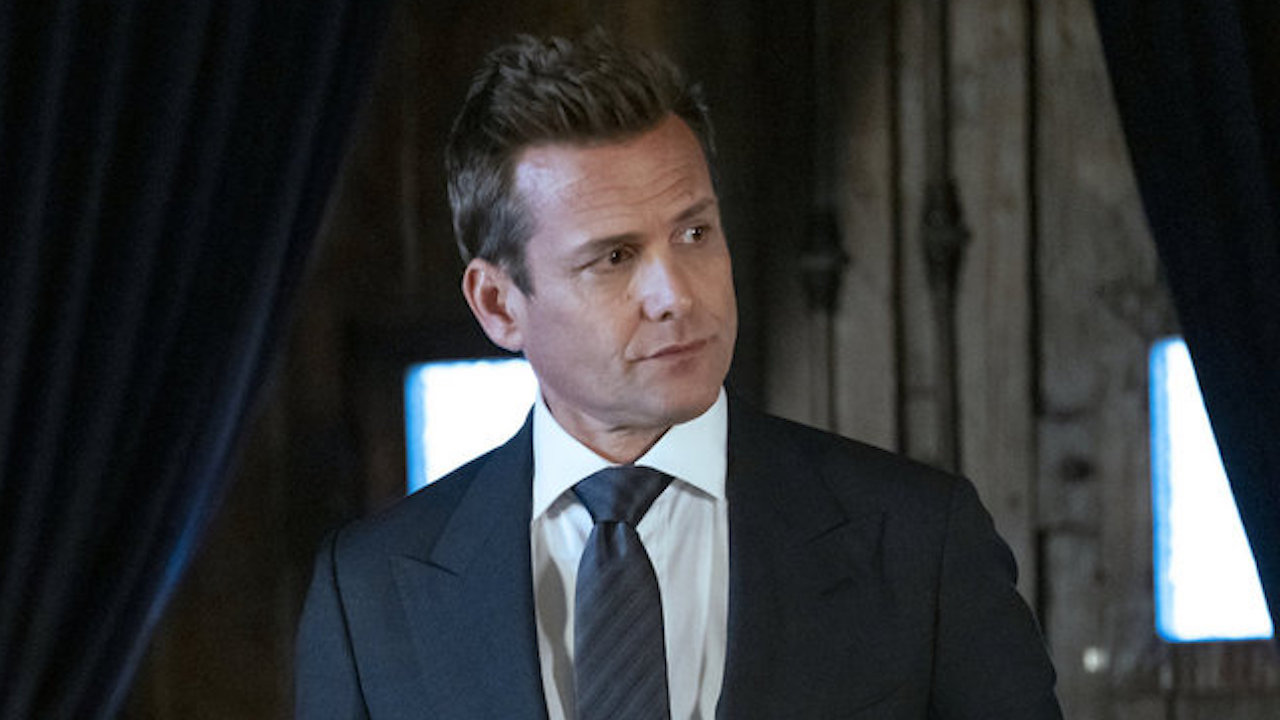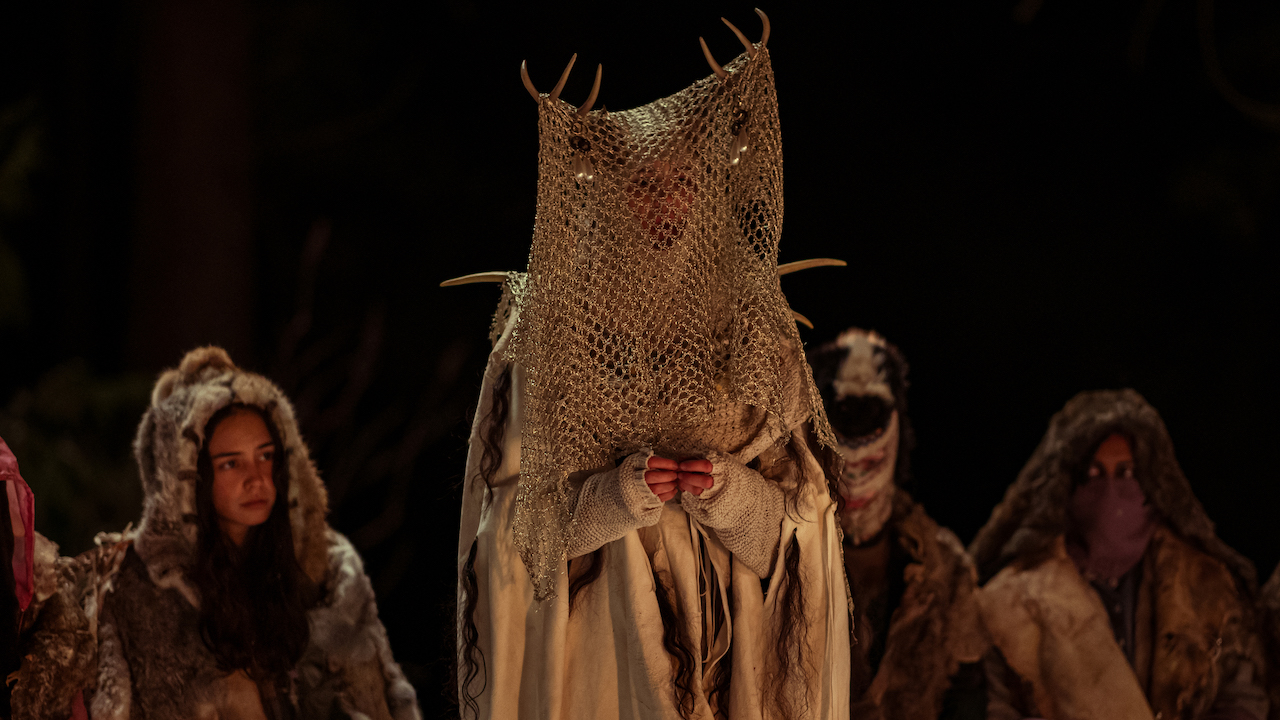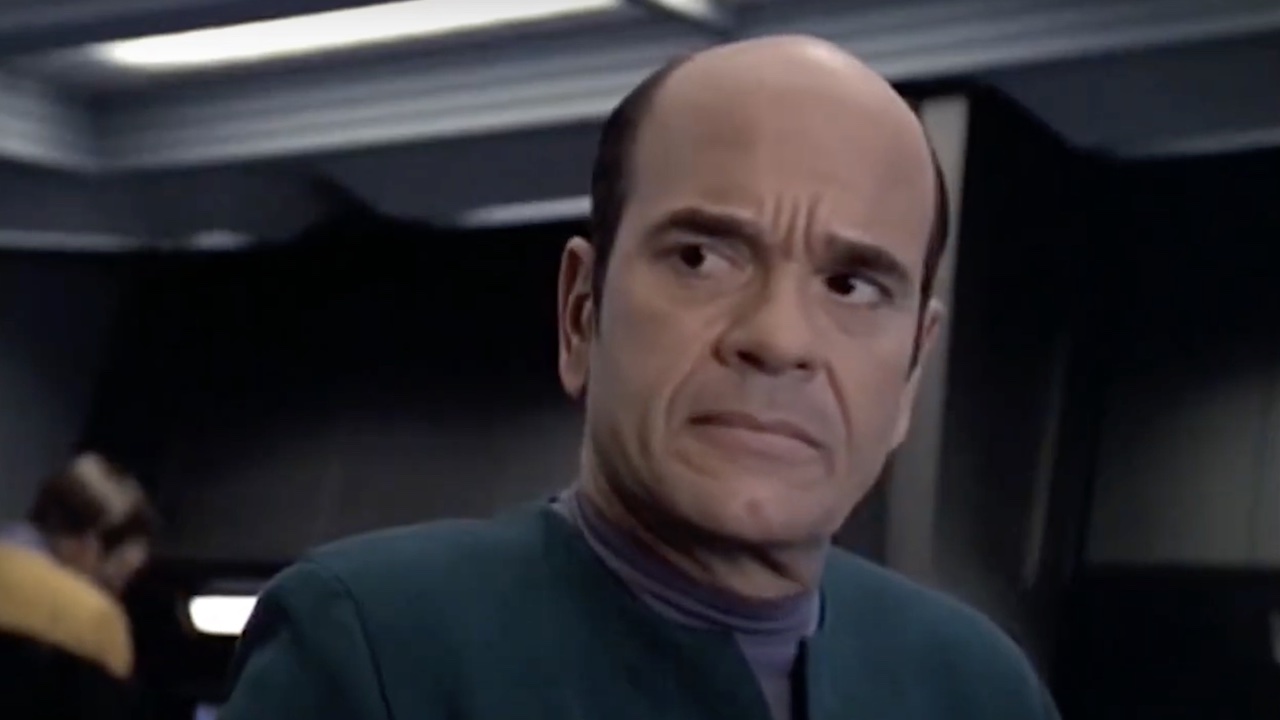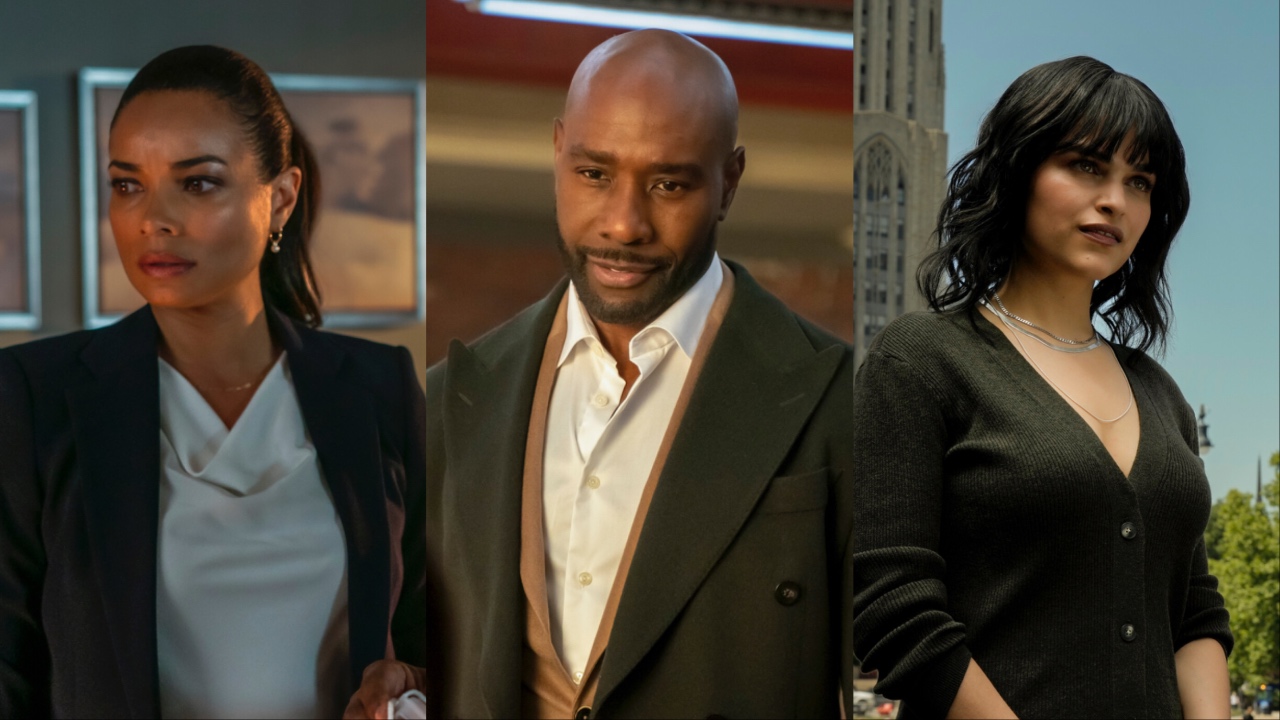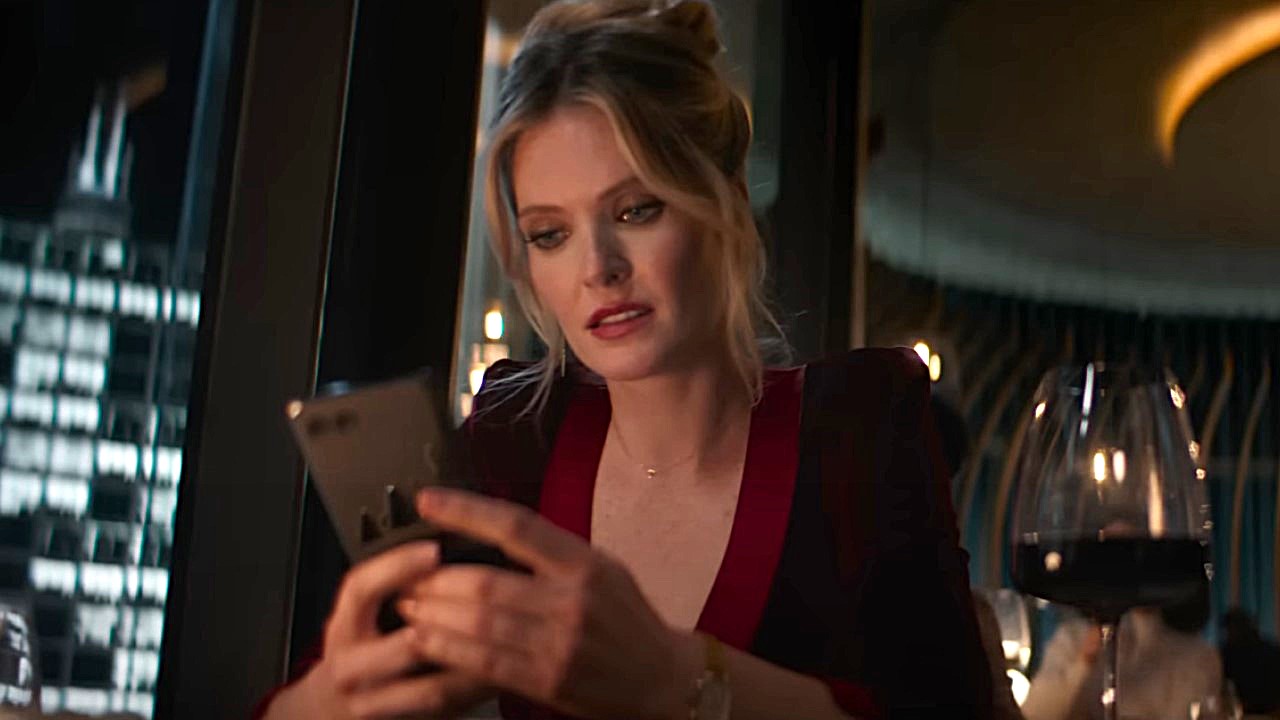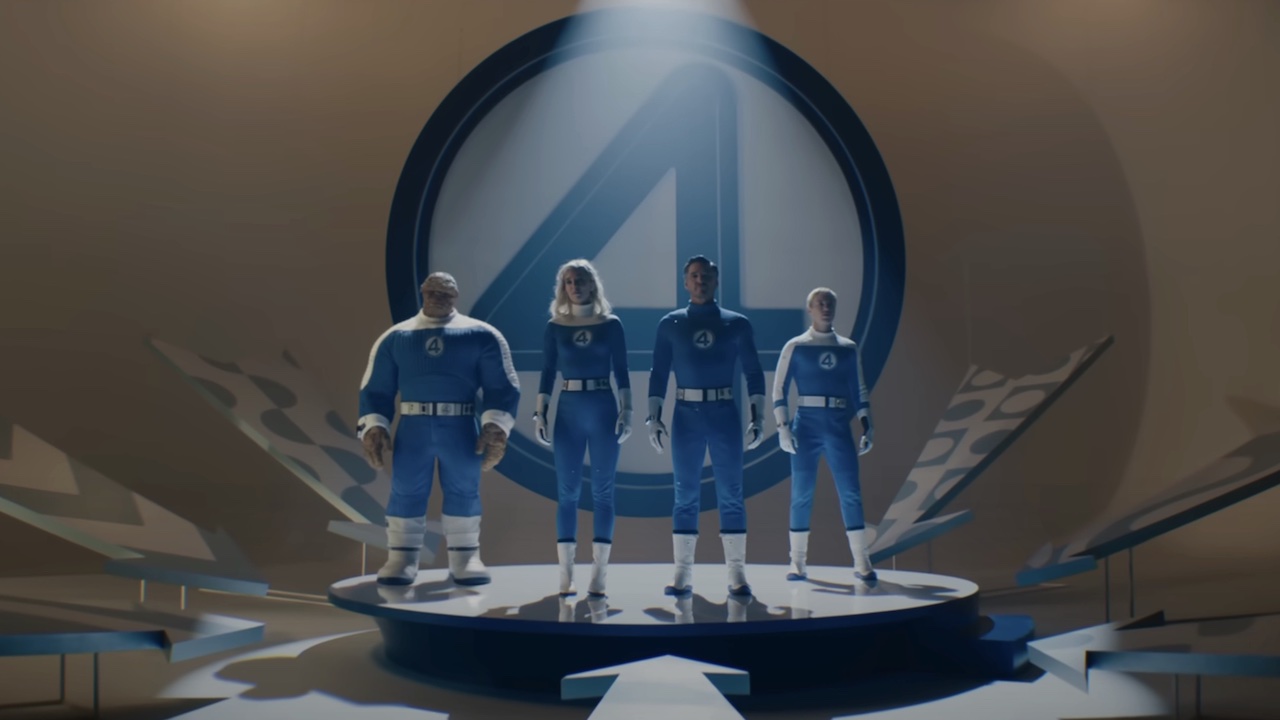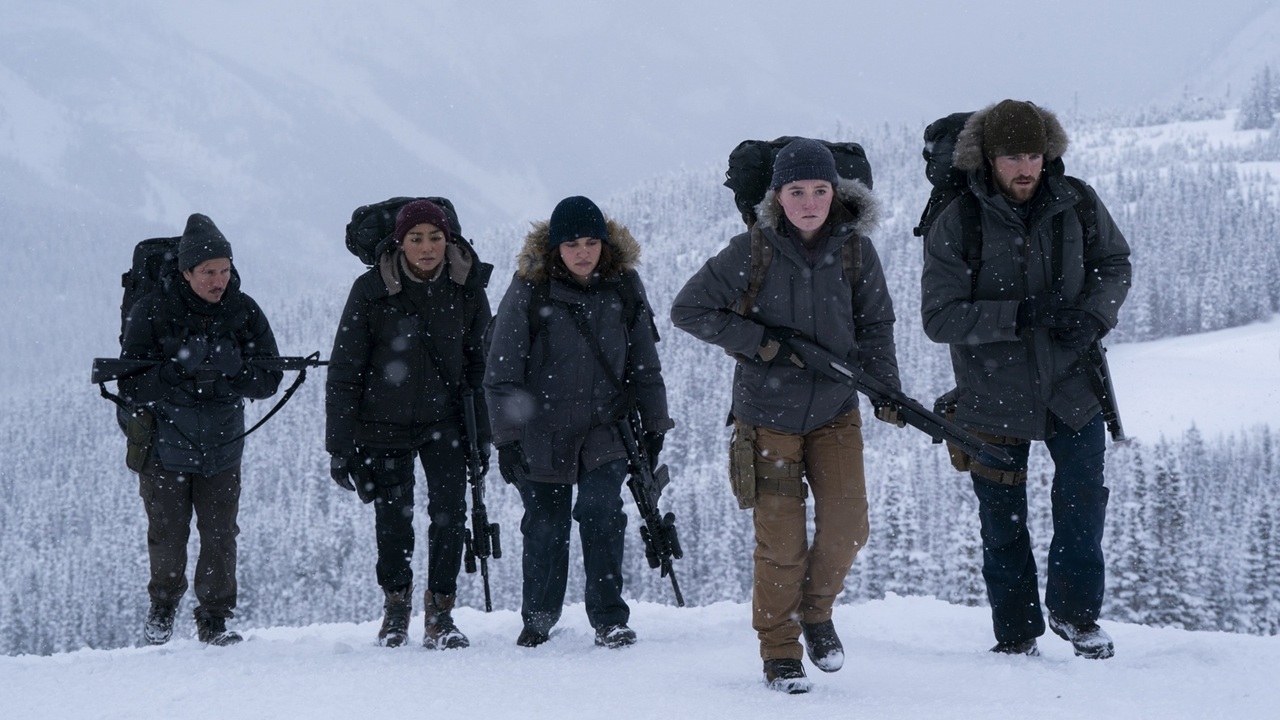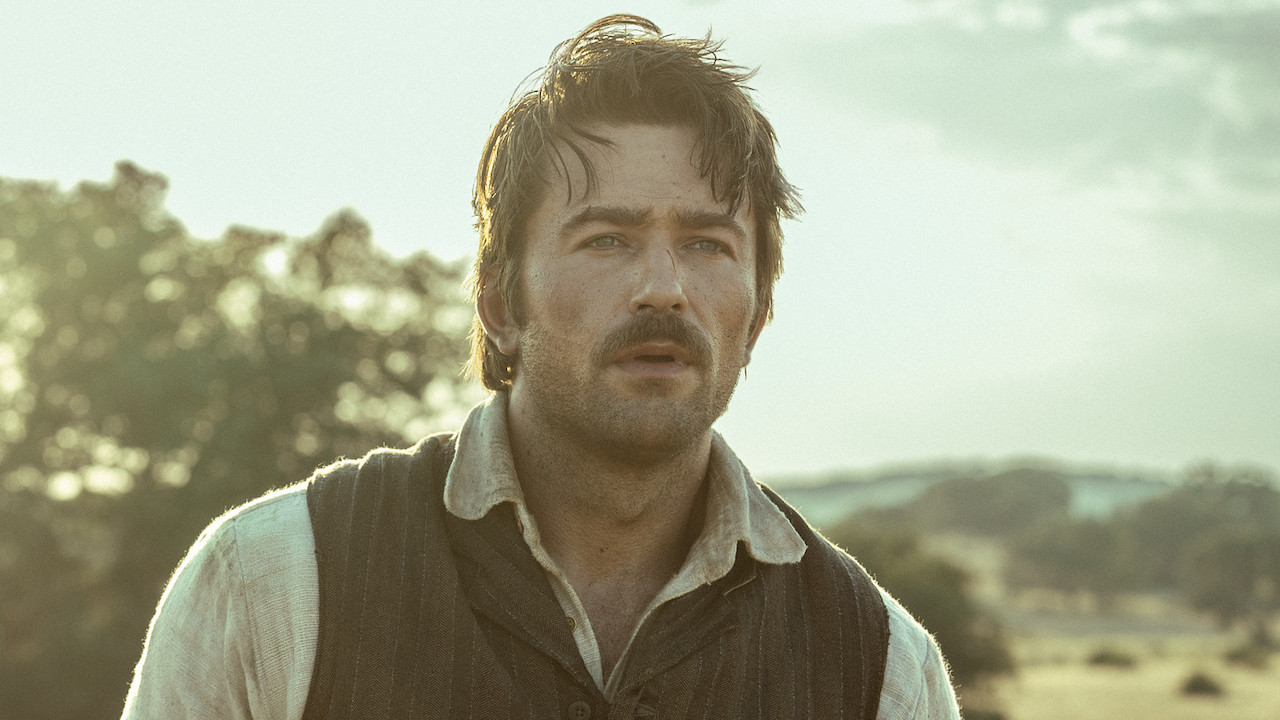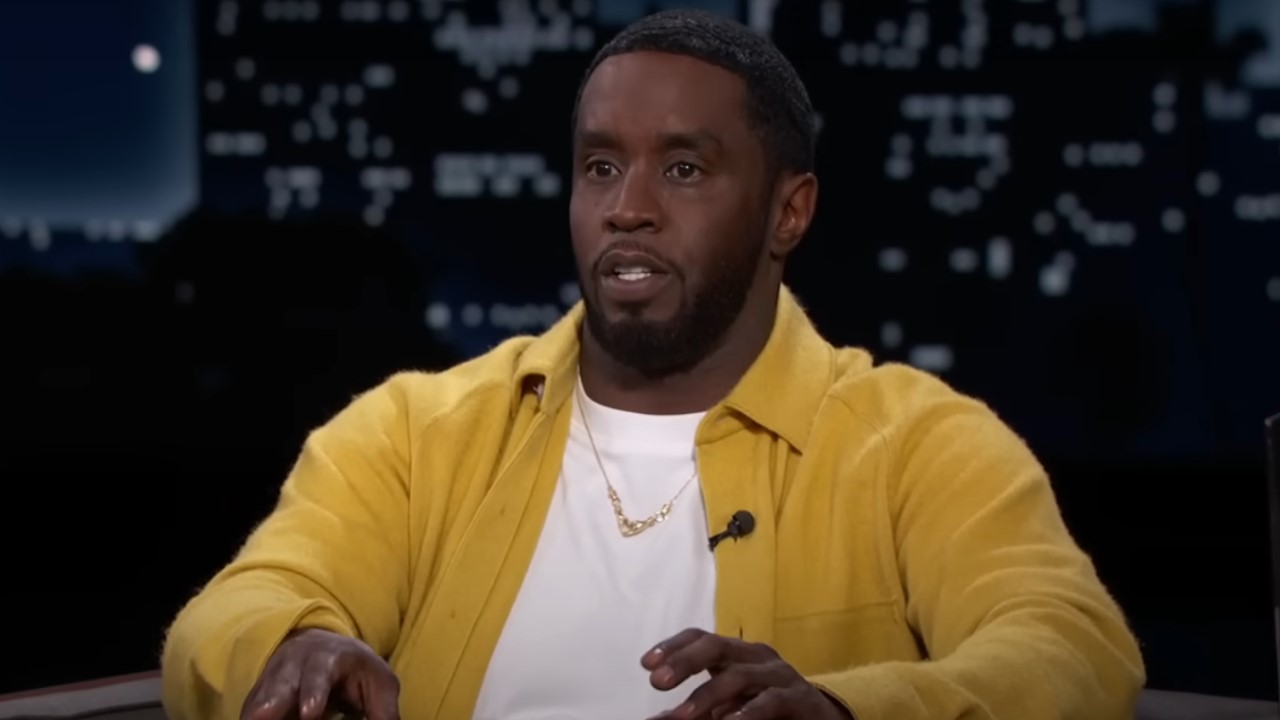Interview: The Wire's Isiah Whitlock Jr. Plays Against Type In Cedar Rapids
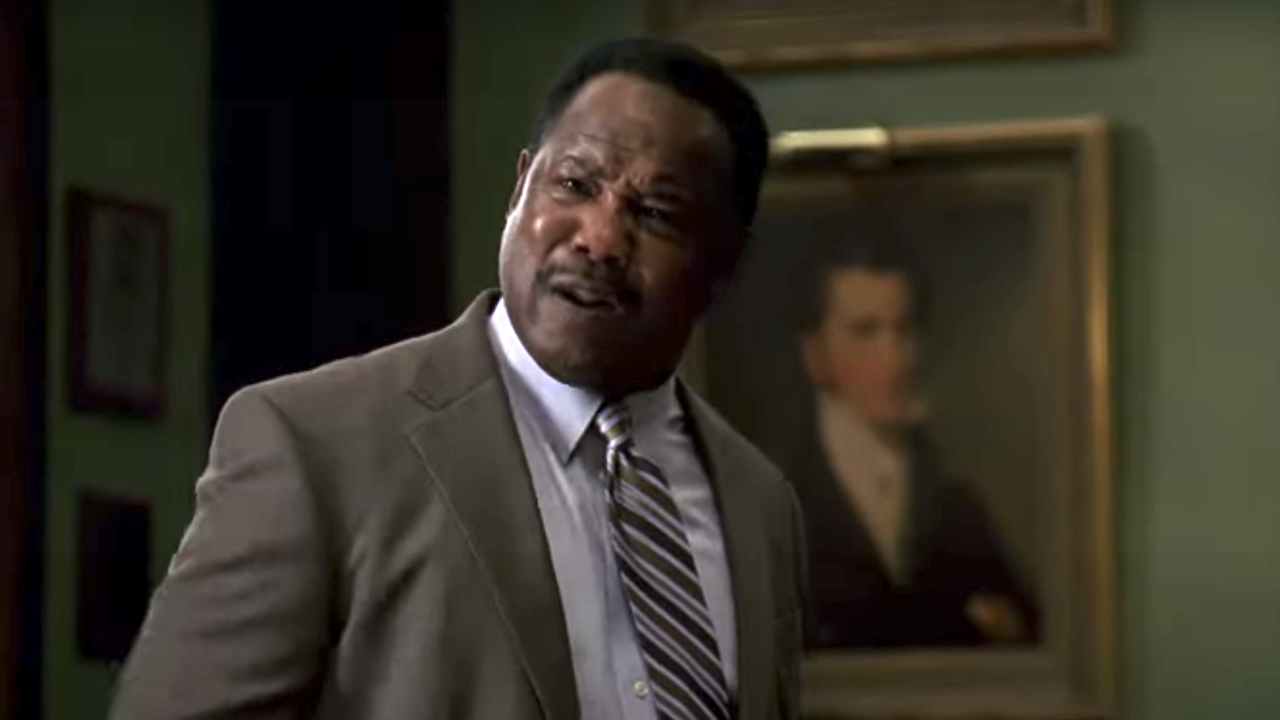
Isiah Whitlock Jr. has an acting career that stretches back to the late 80s and includes three separate Law & Order franchises, but for the last few years his fans could sum him up with a single, drawn-out expletive: "Sheeeee-it." Whitlock's role as Senator Clay Davis on The Wire earned him the love of that series's devoted fans who watched him play the corrupt, bribe-taking politician throughout the show's five seasons-- and as it turns out, one of those fans was the character Whitlock himself plays in the new comedy Cedar Rapids.
Whitlock swears the Wire in-jokes were written into the Cedar Rapids script before he was cast as the buttoned-up Midwestern insurance salesman Ronald Wilkes, a man for whom even pinstripe suits are probably too flashy. But it's hard to imagine a moment more perfect for Wire fans when Wilkes confesses to be a huge Wire fan or, late in the film, when he bails the gang out of a rough situation by pulling out a pitch-perfect impression of Omar. When I talked to him the day after Cedar Rapids's Sundance premiere, Whitlock said it wasn't hard to do the gangster impression, but to play such a straitlaced character in all the scenes that came before it, especially when acting against Ed Helms, John C. Reilly and Anne Heche in what he admits is a pretty out-there comedy. The four actors all play insurance salespeople at a conference in Cedar Rapids, the Iowa city that for these rural folk is definitely the big time.
Read below for my conversation with Whitlock about shooting in the crusty old motel at the heart of Cedar Rapids, real-life parties that were as creepy as the one they all go to in the movie, and how the freedom he had as an actor on The Wire isn't all that different from his work on this movie. Cedar Rapids opens this Friday.
How does the vibe to shooting a film on location compare to what we see in the movie? Are you just locked out there in a hotel like the characters are?
Yeah, I think it was an abandoned old hotel-- or if it wasn't abandoned it should have been. It was in December, the latter part of November, and I just remember it being very cold and very dreary at times.
And yet you're filming a comedy.
I know. But we needed one another, and we hung together, and in some way is think that added to the film, that we were able to develop a camaraderie and a rapport.
CINEMABLEND NEWSLETTER
Your Daily Blend of Entertainment News
You have a background in comedy, but this is pretty far along the zany mark. Is this the most out-there comedy you've made?
I didn't think it was all that zany! But this has got to be by far the biggest one. But I think a lot of that zaniness comes out of those real moments. Even though they're zany, they're very honest. You say, "I can believe that would happen." I don't think we're asking anyone to take a huge stretch of the imagination.
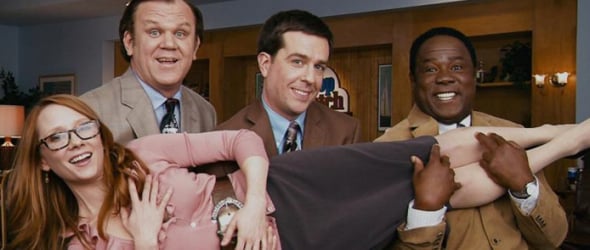
I think we've all been to that kind of party out in the middle of nowhere, like you see near the end of the movie.
Tell me about it. It felt very familiar to me. Going to college in southern Minnesota, I went to a lot of parties like that. Especially as a black person, there weren't that many of them around. And the ones who were around were not all that different than the ones in the movie. I've been to parties and been in situations like that. I didn't get beat up or anything like that, but it did remind me of some years back.
And I also remember one time, I went to visit a friend in Amsterdam, and he took me to a place-- it was along the water and down underneath. I thought, OK, this is the way it's going to end. They're going to find my body floating in a river in Amsterdam. Everybody was just there being weird. I didn't ask too many questions. If you took that scene from the movie and just put it in Amsterdam 20 feet below ground, you pretty much had it.
This movie is so specific about being Cedar Rapids and the Midwest, but everyone kind of has a similar background. Everyone comes from an area like that. Is that something you connected to?
I think one of the reasons the film works so much, there's so many moments in the film that we can all relate to. It's like when you're in New York City, you get freaked out that somebody was actually born there, because nobody's from there. I'm sure when they got to New York City their experiences may not have been all that different from Tim Lippe's.
When I went to San Francisco for the first time in 1975, I went there for a summer, this acting training program for three months in the summer-- I've never been the same. I had a little yellow Volkswagen and I drove out there-- I ate McDonald's the whole way, and when I got to Reno, Nevada I was ready to kill myself. But San Francisco, it was the whole serious hippie culture. And I had heard about hippies, but I didn't know they really existed, that people actually did stuff like that. This all of a sudden was my world, and it was a huge education.
You're doing some fun playing against type, and then there's all the Wire jokes playing off your buttoned up character in this movie. There's so many layers in the character.
The hard thing was keeping everything cleaned up and straight. There were a couple of times they had to pull me back, and said, "You're having too much fun." And that's OK. Miguel was great at not letting me get too far off kilter. As long as I was honest with the script and honest with what I had to do, I was fine. I really needed to develop that character to really make people be shocked by it in the film. When people laugh at [the Wire joke] in the film, they're just so surprised. That's the last thing you think this guy is going to do, channel Omar Little from The Wire.
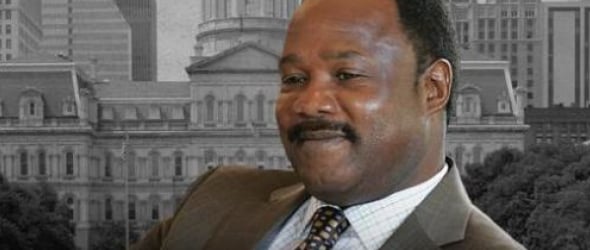
The Wire seems to have stuck with you for the last few years. How has that changed the kind of work you've been doing?
It hasn't really changed, not all that much. One thing I found with that character, one of the things that happened was I finally got the freedom to do what I wanted to do. They kind of let me do that. I was able to craft and shape a character that nobody had ever seen before. Nobody had ever seen anything like that character.
What kind of freedom did you have that you didn't before?
Nobody ever came in and said, Isaiah, we think the Senator needs to be like this. The more freedom they gave me the more I was able to say, okay, this is how I think this guy should be played, who he is, what he should be. So I just kind of ran with it. It was kind of weird, because I kept waiting for somebody to say, Isaiah, you're going to have to change this or do something else. On [Cedar Rapids] I felt the same thing. "We trust what you bring to this, we trust the kind of guy that you're shaping here." And I think that's what makes the ending work so well, it comes out of nowhere, based on the fact that you're able to set it up. It just doesn't become a joke about The Wire, it's the only thing that's going to get us out of that madhouse.
Staff Writer at CinemaBlend

